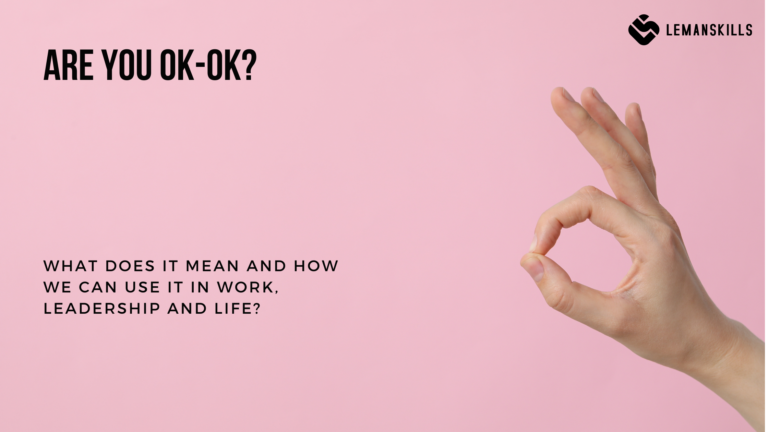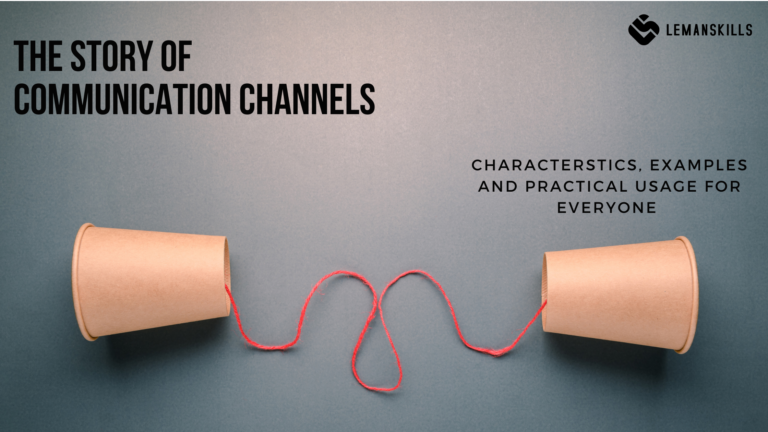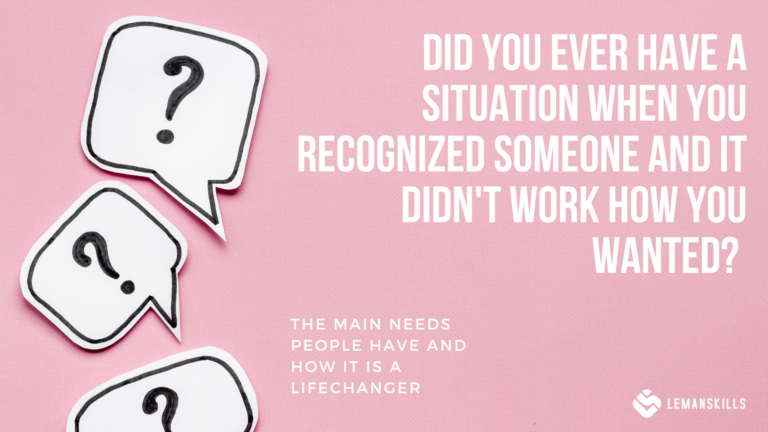
5 Biggest Leadership Feedback Mistakes
As a leader, giving feedback is an essential part of your role. However, there are some common mistakes that leaders make when delivering feedback that can have huge effects on the individual, the team, and the organization as a whole. As we want to be as efficient as possible and not waste time or effort on insufficient communication, it’s important to be aware of these pitfalls and have ready-to-use ways to avoid them. Here are five things that leaders shouldn’t do while giving others feedback, along with examples of the potential consequences that you can save yourself from. Ready? Let’s dig in. 1. Being overly critical without providing constructive guidance One of the biggest mistakes a leader can make when giving feedback is being overly critical without providing constructive guidance. For example, if a team member presents a project and the leader simply says, “This is terrible,” “A monkey would do it better” without offering any specific feedback or suggestions for improvement, it can be incredibly demoralizing for the person. This kind of feedback can lead to a huge decrease of intrinsic motivation and confidence in the team member, as well as a thud in an overall team morale. In the long run, it can also result in a decrease in productivity and innovation within the organization. This is not a feedback from OK-OK quardant at all. We were talking about it why it is crucial to speak from this space in the article and podcast, but I will say it one more time. If you are not in an OK-OK zone, first thing you need to do is to go back there, by covering your motivational needs and only then move to the conversation with the other person. Without that, the conversation will always be stresful, full of aggresion, manipulation or withdrawal of one or both sides. 2. Failing to tailor feedback to the individual’s communication base Another common mistake is failing to tailor feedback to the individual’s communication preference. For instance, if a leader gives feedback in a direct manner (Promoter) to an employee who prefers a more empathetic and nurturative approach (Harmonizer), it can lead to miscommunication and misunderstandings. This can result in a breakdown of trust and rapport between the leader and the team member, as well as hinder the individual’s ability to fully understand and act on the feedback. Ultimately, this can impact the team’s cohesiveness and collaboration, as well as the organization’s overall communication effectiveness. When we use a one-size-fits-all approach, we are so surpried that the feedback doesn’t land. Or sometimes it works, and sometimes it doesn’t. So we blame people, sometimes by saying: “What is so hard to understand?!” or “Others get it and you can’t!”. Basically: it’s about you, not about me. So it has a huge cost, for us as leaders, and for our team as well. Let’s not be mad on others: we can be mad on an educational system that doesn’t teach us communication at school, but both ways are a waste of time. I would say that we rather invest this time in learning and practicing on how to match the needs of the other person and crafting feedback so it’s custom-made. 3. Using feedback as a means of control or manipulation Using feedback as a means of control or manipulation is another mistake that leaders should avoid. For example, if a leader gives feedback with the intention of pushing a team member into conforming to their own agenda or way of thinking, it can create a toxic and disempowering work environment. This kind of behavior can lead to resentment and disengagement among team members, as well as a lack of creativity and initiative within the team. Over time, it can also result in high turnover rates and a negative reputation for the organization. We are coming back again here to the OK-OK mode. If we don’t have a positive intention while sitting at the table with an employee, there’s no chance to end the meeting with an agreement. At least, not with the honest one. There’s a 4A Feedback Guidline that was created by Reed Hasting at Netflix. And the first A is an “Aim to assist”. Always have that in mind. You don’t have it? Go find it, and then sit with a person to have a proper conversation. 4. Ignoring the emotional impact of feedback Ignoring the emotional impact of feedback is another critical mistake that leaders often make. Regardless of the personality base of the person, if it’s a Harmonizer or anybody else, it always has an impact on a person. Mostly because we have so bad feedabck experiences from the bast that on each sentence that includes “feedabck” in it, we respond with a higher stress level right away. That kind of lack of awareness and insensivity can result in increased distress (negative stress) and anxiety level for the team member, as well as a decrease in their overall well-being and job satisfaction. Going further, it can lead to the high level of resistance, being close to the suggestions or ideas of the leader. In turn, this can lead to higher levels of absenteeism and decreased productivity within the team, ultimately impacting the organization’s bottom line. So I say: let’s be more mindful, check with people how they are doing before, during and after the conversation. Ask for feedabck for ourselves: what we do really well? And what can we do better when it comes to leading those conversations? Each situation is an opportunity for us to learn and be better next time. It’s like training and strenghtening a muscle. 5. Failing to follow up on feedback Finally, failing to follow up on feedback is a mistake that can hinder an individual’s growth and development. For example, if a leader provides feedback on a specific area for improvement but fails to follow up with ongoing support and guidance, it can lead to stagnation and a lack of progress. This can



